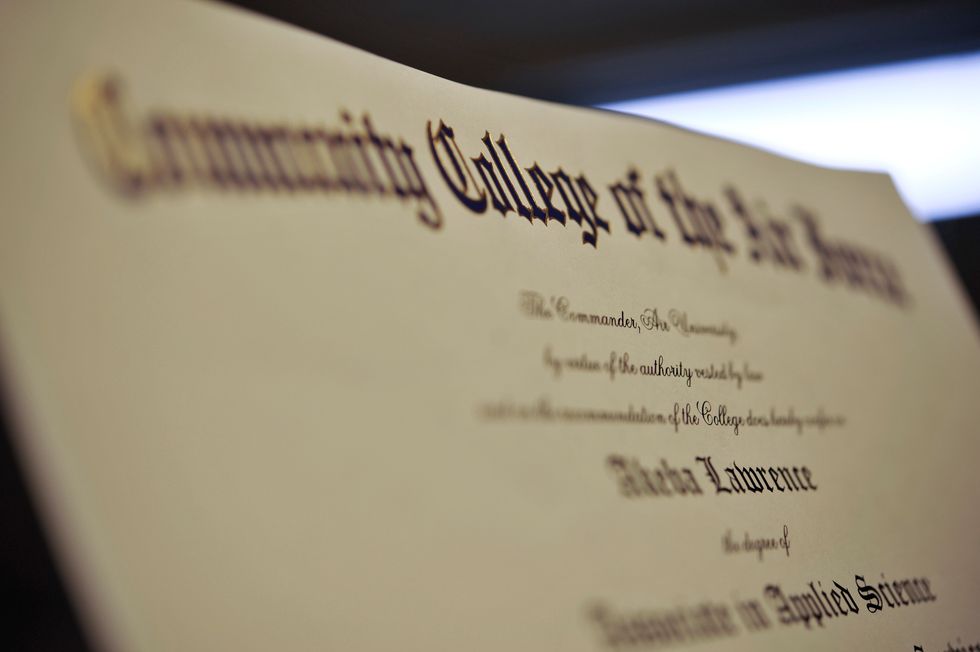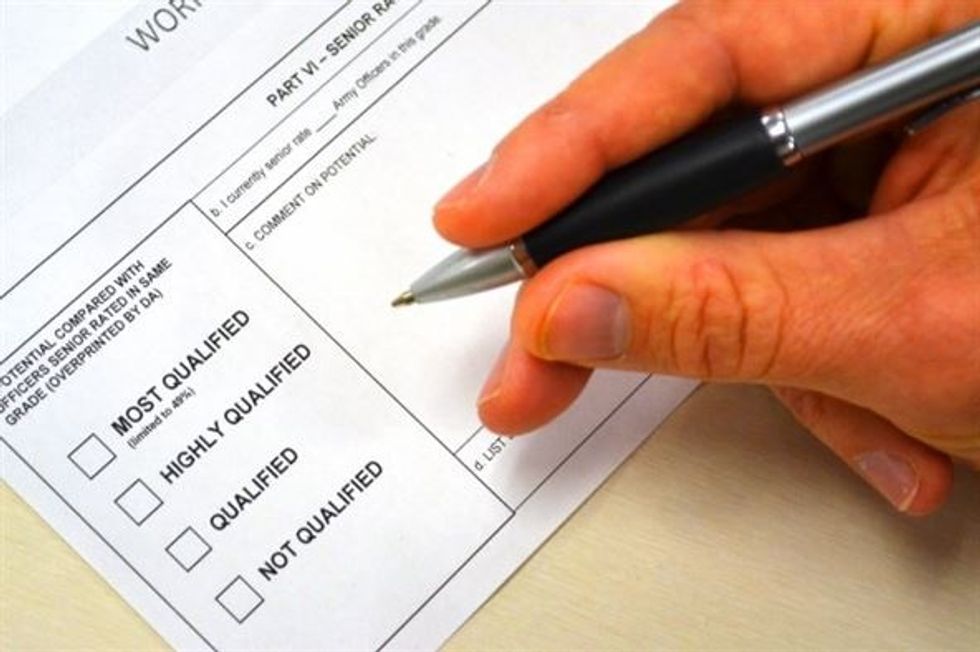I'll admit, even in the few months leading up to my decision to do dual enrollment, I had very little idea why I was doing it. At the time, it seemed like a cool, productive way to spend my summers and some of my excess free time during the school year. However, this was a year ago and since then I have been able to pinpoint exactly why you should or shouldn't dual enroll.
PRO: In Georgia, dual enrollment is paid for by a state scholarship.
One of the biggest deterents to enrolling in college is the cost. Between tuition and the ever-increasing price of textbooks, college is more expensive than ever. One of Georgia's ways to combat this is to offer a scholarship for high school students willing to take college classes.
Both tuition and the cost of textbooks are covered by the scholarship. Your only responsibility is transportation and your grades.
CON: Only certain courses are open to dual enrollment students, barring students from completely avoiding college debt.

Getting a bachelor's degree at the same time as a high school diploma is unfortunately unattainable.
Since dual enrollment has been opened to all high school students, some people have wondered if it's logistically possible to graduate high school and college at the same time. Time-wise, one certainly could earn enough credits for both. However, dual enrollment students are only permitted to take certain courses.
To graduate from college with a bachelor's degree, students have to declare their major and then take courses required by their chosen subject. These courses are often specialized and unavailable to dual enrollment students.
PRO: Dual enrollment courses are graded as letter grades, even if you score on the low end of the letter.
In college, grades work slightly differently than they typically do in college. When reporting grades from your college to your high school, they are sent not as exact number grades but as the letter that you earned.
This means that when I got a 91 in Psychology last semester, it was sent back as an A to my high school. The grade on my high school transcript was incidentally bumped from my 91 to 95 unweighted, 105 weighted (the same weight as AP courses). Personally, the sheer high amount of dual enrollment courses I have taken has secured my spot as first class rank in my rigorous Magnet Program, and I know several others who have also boosted their GPA.
CON: Dual enrollment courses are graded as letter grades, even if you score on the high end of the letter.
Unfortunately, the other side of the indiscriminatory letter grades is that your grade can and will be lowered if you get a score within the letter higher than the default. If you get a 100 in the course, that's awesome! But you will get the 95, weighted 105 as per usual.
PRO: Students learn responsibility and maturity by being exposed to true college classes, both in physical setting and academic rigor.

Along with increased rigor and peer age, the level of responsibility expected of each student is higher than ever for dual enrollment students.
By being in a physical college classroom (or by taking a genuine online college course), dual enrollment students are held to the same standards as any other college student. I've grown as a student, as a leader and as a person by taking college classes that broaden my horizons and deepens my experiences.
CON: No breaks are given to dual enrollment students because we are truly on the same level as other college students.
Throughout our education, teachers have told us that allowances will not be made in higher levels of education. "That won't fly in high school," middle school teachers told us. "You'd be fired for that," high school teachers tell us. Well, in college this continues to become true. Grade weights are established in the syllabus, as are due dates oftentimes. These are very largely nonnegotiable, and success is based on following these guidelines regardless of your age during the course.
For a year now, dual enrollment has been a pretty sweet deal for me. Between the free college and GPA boosts, the benefits outweigh the downsides. However, everyone has different aptitudes and capabilities. While dual enrollment has been a blessing to me, you might excel better doing college down the road.



















